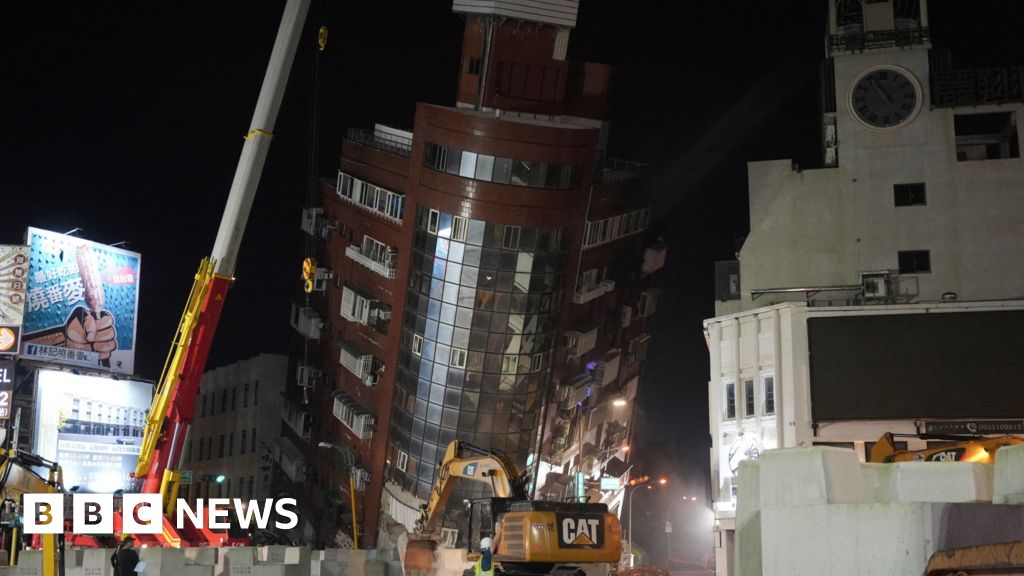Unequal Headlines: Challenges Female Journalists Face in Kenyan Newsrooms
Despite decades of advocacy for gender equality, many Kenyan newsrooms remain skewed in favor of male reporters, with women still fighting to be taken seriously.

By Melisa Mong'ina - Inside Kenya’s bustling media houses, an invisible battle plays out daily, women journalists pushing back against outdated stereotypes and systemic sexism, just to earn a fair shot.
Despite decades of advocacy for gender equality, many Kenyan newsrooms remain skewed in favor of male reporters, with women still fighting to be taken seriously.
Many women journalists face discrimination and unfair treatment, like being assigned only "soft" or "feminine" stories, solely because of their gender.
Speaking in Nairobi during the inaugural Generation Equality Media Fest, Ellen Wanjiru, an editor at Mediamax, a media mentor/trainer, and a gender activist, acknowledged that the media has been criticized for neglecting gender issues. She emphasized that the industry remains largely patriarchal.
“I have to concede that the media has been bashed widely for neglecting gender equality. Media is largely patriarchal. I joined the industry because of compassion and encountered the patriarchy because of it,” said Wanjiru.
She recalled her early career days when she faced blatant discrimination, often being assigned stereotypically feminine stories like “Nurse of the Year” or “Breastfeeding Week,” while her male colleagues got the hard-hitting news pieces.
“As early as my career started, I encountered discrimination. My editors would assign me to stories like Nurse of the Year or Breastfeeding Week just because I was female. These editors felt I was not efficient in intelligence due to my gender,” she explained.
Ellen clarified that the issue wasn't the stories themselves, but the assumption that only women should cover them.
 Participants during the two-day inaugural Generation Equality Media Fest
Participants during the two-day inaugural Generation Equality Media Fest
“By the way, there’s nothing wrong with covering Nurse of the Year or Breastfeeding Week. My point is, even a man can cover such stories. It doesn’t have to be done by a woman just because it’s a ‘women’s issue.’ And women can also cover topics people think are only for men, like politics or crime,” she said.
She highlighted how, as a woman, she constantly had to prove her worth more than her male colleagues. Even today, she says, editors tend to trust male journalists more quickly.
“A girl joining the industry has to fight for her space in the newsroom, whereas a male reporter is given the benefit of doubt. I see it even today, editors will assign male interns to a story, but hesitate to assign a female reporter on her own,” she added.
The gender gap, she noted, extends beyond story assignments, it’s deeply rooted in career progression too.
“If a position is advertised, a female journalist may hesitate to apply even if she has all the qualifications. A male journalist, even with just one or two of the requirements, will apply, and probably get the position,” said Wanjiru.
She also shared how male colleagues undermined her when she was promoted to political editor, feeling more entitled to the role simply because they were men.
“During my time as political editor, men would fight me, claiming they deserved the position more, just because I’m a woman,” she shared.
But Ellen is quick to affirm that she earned her role through merit, not favoritism, and says she left behind a gender-balanced editorial team in one of her previous newsrooms.
“I’m proud to say that in one of the newsrooms I headed, by the time I left, we had a good balance of male and female editors. And I didn’t pick them because they were female, I picked them because they had the capacity and they proved themselves.”
Ellen’s experience is living proof that many women in newsrooms are undervalued because of their gender, and must work twice as hard to prove their capabilities.
Her journey isn’t just a personal one, it reflects the silent struggles countless women face in media spaces. As Kenya continues its push for equality, the question remains: Will our newsrooms finally reflect the same values they report on?
The two-day Generation Equality Media Festival brought together media professionals, gender equality advocates, and key stakeholders from East and Southern Africa, aiming to amplify the media’s critical role in advancing gender equity across the region.
What's Your Reaction?

















































